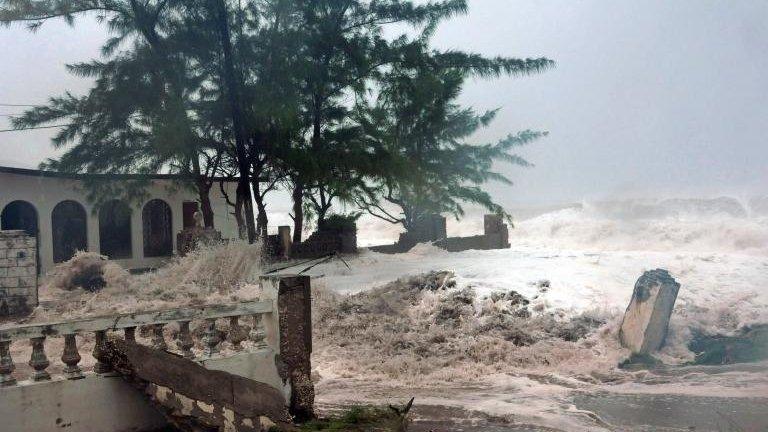Powerful Hurricane Matthew threatens Haiti
- Published
Interim president of Haiti Jocelerme Privert: "It is very important to respect all the warnings from authorities"
One of the most powerful Atlantic hurricanes in recent years is expected to cause flooding and landslides when it passes by Jamaica and Haiti.
The fast-approaching Matthew, a Category Four storm, could bring up to 40 inches (102cm) of rain.
Heavy rain and winds have already hit parts of Jamaica, with floodwaters blocking roads in the capital Kingston.
Haiti could be more seriously affected when the hurricane passes over the country's south-west.
Haitian authorities have urged people to stock up on food and water and secure their homes. Thousands are still living in tents following a huge earthquake in 2010.
The mayor of Haiti's largest slum in the capital Port-au-Prince, Frederic Hislain, has urged the government to evacuate some 150,000 people whose homes are threatened.
Matthew is later expected to reach eastern Cuba, where a hurricane alert is in place for six eastern provinces and residents are being moved from low-lying areas.
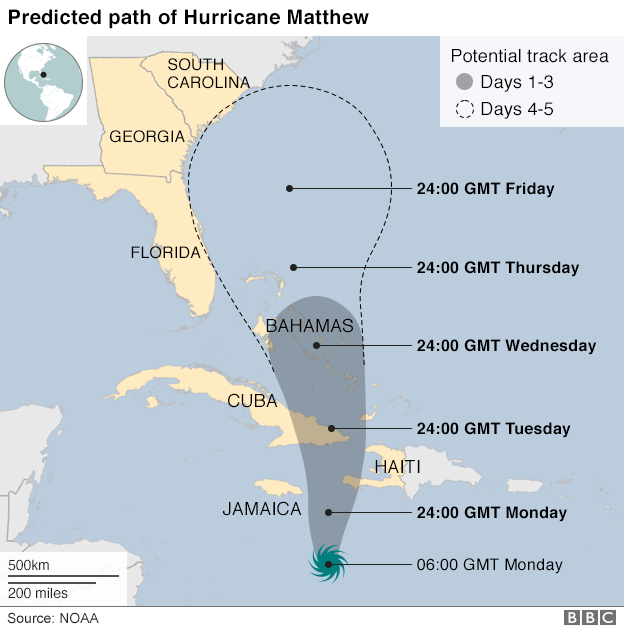
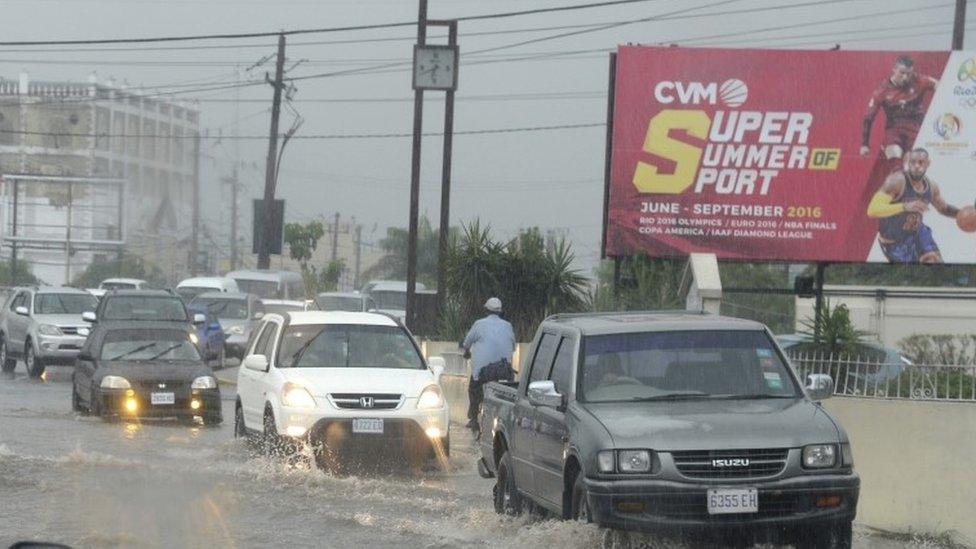
Bad weather from the storm has already arrived in parts of Jamaica
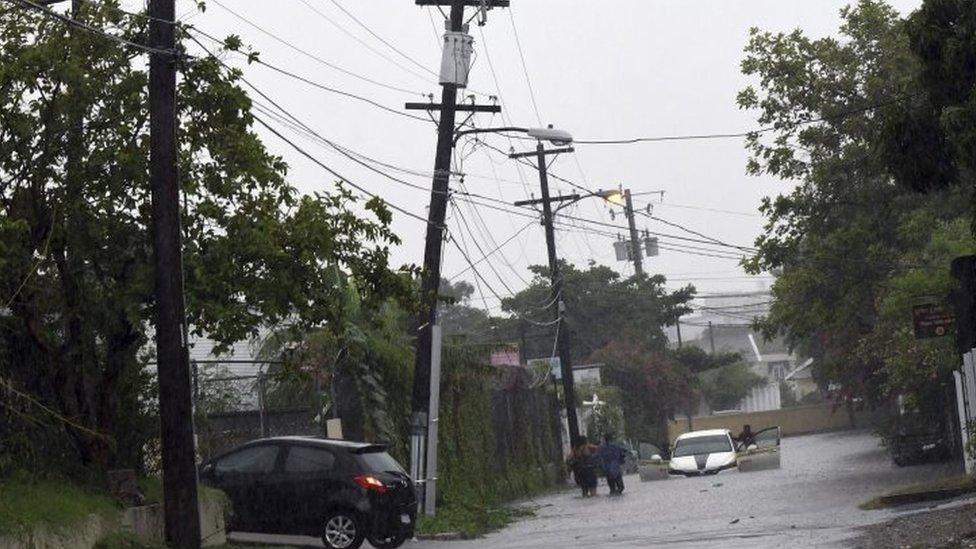
In Jamaica, what so far has been an unexceptional storm could - officials warn - get far worse

Haitians have been stocking up on groceries and other essentials ahead of the storm's arrival
As it is moving slowly north over the Caribbean, the storm's maximum sustained winds are reaching 140mph (220km/h), the US National Hurricane Center (USNHC) said.
Its centre is expected to pass to the east of Jamaica and make landfall on the south-western tip of Haiti before reaching eastern Cuba, the USNHC said., external
Southern areas of Haiti including Jeremie and Les Cayes are expected to see the worst of the heavy rain and treacherous winds.
"Wherever that centre passes close to would see the worst winds and that's what's projected to happen for the western tip of Haiti," US hurricane specialist John Cangilosi said.
"There is a big concern for rains there and also a big concern for [a] storm surge."
The storm is expected to pass east of Florida through the Bahamas, although it is too soon to say whether it will hit the US coast.
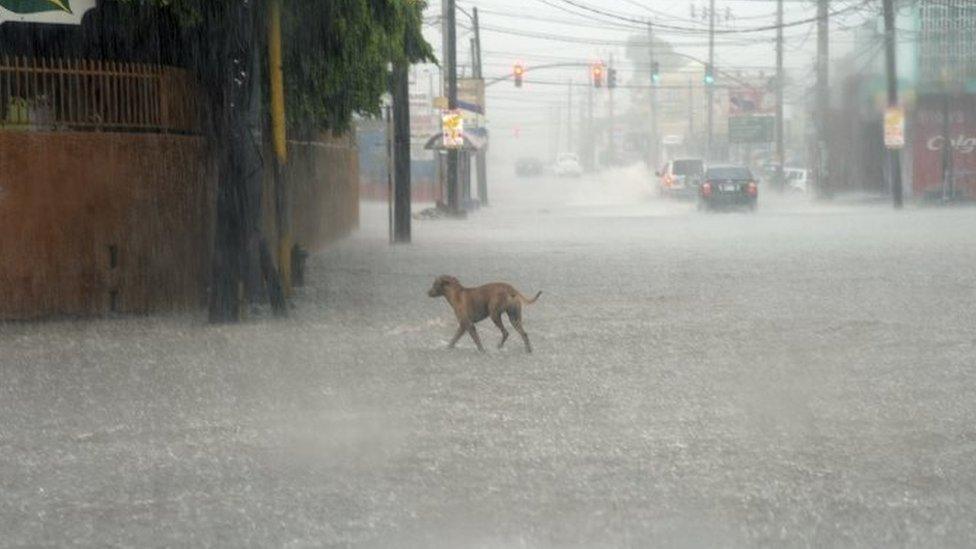
Heavy rainfall in Kingston is expected to be followed by intensely strong winds
Haitian officials say that about 1,300 emergency shelters have been built, enough to accommodate 340,000 people. Both airports in Haiti are closed.
Interim President Jocelerme Privert on Sunday advised Haitians to be prepared to move quickly.
"To those people living in houses that could collapse, it's necessary that you leave these houses to take refuge in schools and churches," he said in a radio address.
About 13,000 people were evacuated from high-risk areas in neighbouring Dominican Republic, which is also expected to get battered by rains and winds, according to the country's civil defence chief.
In Jamaica, emergency services rushed to protect buildings. Long queues formed outside stores and at petrol stations as people stocked up.
Matthew is expected to hit Cuba on Tuesday, potentially reaching the colonial city of Santiago de Cuba and the US Navy base of Guantanamo Bay.

Hurricane scales
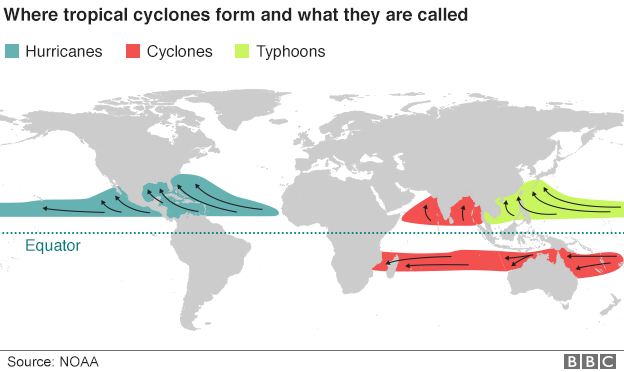
Category one: sustained winds of 74-95mph (119-153 km/h); some damage and power cuts
Category two: winds of 96-110mph (154-177 km/h); extensive damage
Category three: winds of 111-129mph (178-208 km/h); well-built homes suffer major damage
Category four: winds of 130-156mph (209-251 km/h); severe damage to well-built homes, most trees snapped or uprooted
Category five: winds of 157 mph (252 km/h) or higher; high percentage of homes destroyed, area uninhabitable for weeks or months
Source: NOAA

Have you been affected by Hurricane Matthew? Only if it safe to do so, you can share your experience by emailing haveyoursay@bbc.co.uk, external.
Please include a contact number if you are willing to speak to a BBC journalist. Please stay safe. You can also contact us in the following ways:
WhatsApp: +44 7525 900971
Send pictures/video to yourpics@bbc.co.uk, external
Tweet: @BBC_HaveYourSay, external
Text an SMS or MMS to 61124 (UK) or +44 7624 800 100 (international)
- Published2 October 2016
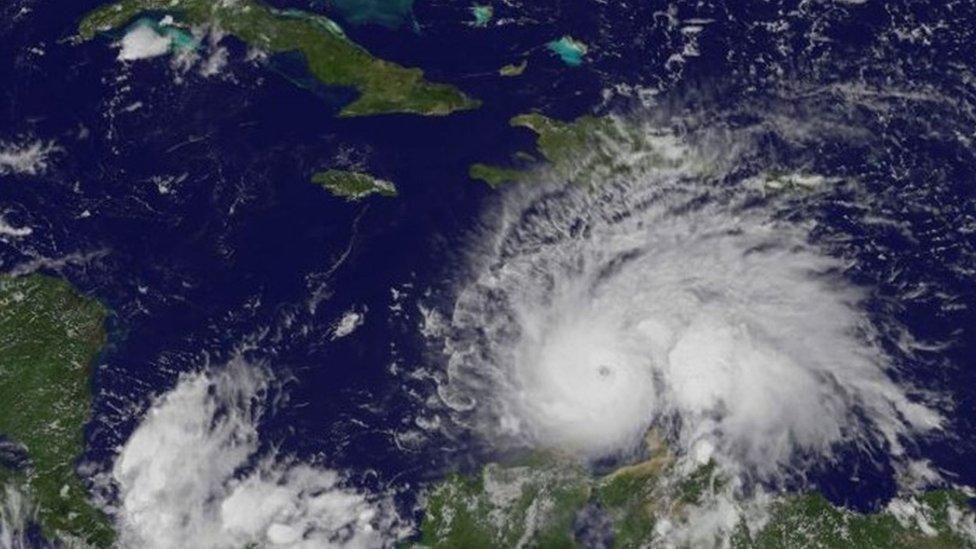
- Attribution
- Published2 October 2016
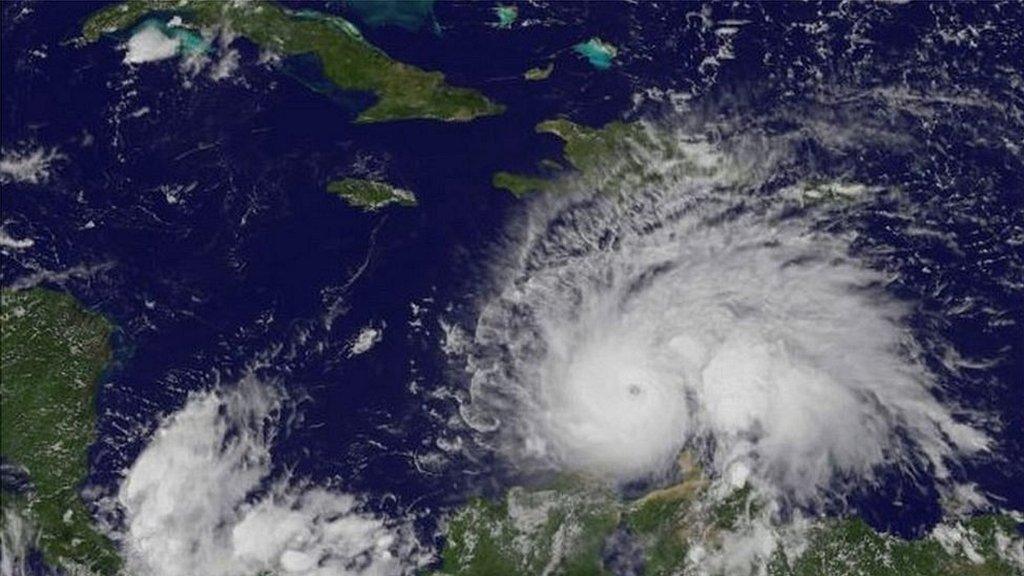
- Published1 October 2015
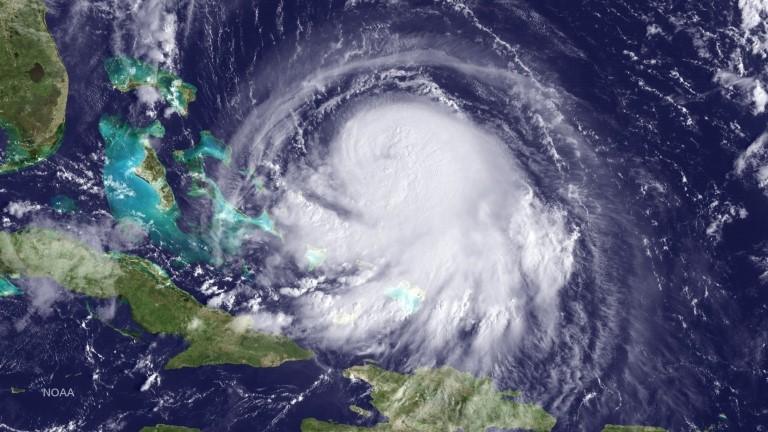
- Published25 October 2012
